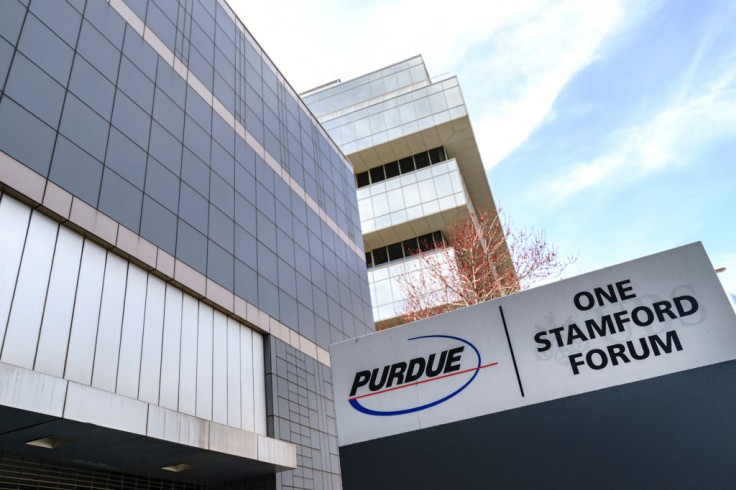
More than two dozen angry, defiant, and sometimes tearful Americans whose lives were impacted by the opioid crisis had their chance to confront the Sackler family, owner of Purdue Pharma, manufacturer of OxyContin.
The families blamed the Sacklers for fueling the epidemic by marketing OxyContin, its signature painkiller, and for failing to take responsibility for the role they played in the opioid crisis. The hearing was attended by Richard, Theresa, and David Sackler. Under the court rules, the family is not allowed to respond and has to sit silently while the two dozen people give their emotional statements, US News reports.
Stories of Opioid Crisis from Families
For three hours, the families of 25 victims of the opioid crisis unleashed the terrors that the OxyContin pill caused them for the past 20 years.
One of the victims, Kara Trainor, disclosed that when she was pregnant with her son, Riley, she was assured that continuing the opioid medication would not negatively impact her. She was given methadone to treat her addiction. When the baby was born, the newborn screamed as if in withdrawal, which still haunts Trainor to this day.
Years later, Riley, now 11 years old, continues to live with the effects of the medication. He still wears diapers, has autism, and requires continuous physical and occupational therapy. Trainor said that her son's life had been deeply affected. The boy will never graduate high school, join proms, get married or have children. Trainor tells the Sacklers that she hopes the family can reflect on what their medicine did to children like Riley.
Massachusetts mom Cheryl Juaire, who lost her two sons to opioid overdoses, asked the family how much money is enough. She told the family that they could have "changed the trajectory" by taking their money in 2007 and averting this crisis if they had any remorse.
Stephanie Lubinski, whose addicted husband took his own life in 2020, accused the Sacklers of making money off their family. She said her family has been grappling with hundreds of thousands of dollars in medical bills. She asked the family if they felt one bit of empathy for the victims and the devastation that their drug has caused.
Dr. Kimberly Blake, whose son Sean died of an opioid overdose, said she had been consumed by grief as a physician and a mother. She admitted to being hospitalized for depression because she could not have another Mother's Day without her son.
The opioid crisis
In the U.S. alone, the Centers for Disease and Control Prevention estimates that around 500,000 people have died from opioid overdose since the opioid crisis began in 1999. The drugs included prescription painkillers and street drugs such as heroin and fentanyl.
The virtual hearing was held in a federal bankruptcy court as the US bankruptcy judge approved a settlement that requires Purdue Pharma and the Sackler family to pay around $6 billion to states and families in exchange for immunity for future lawsuits concerning opioids.